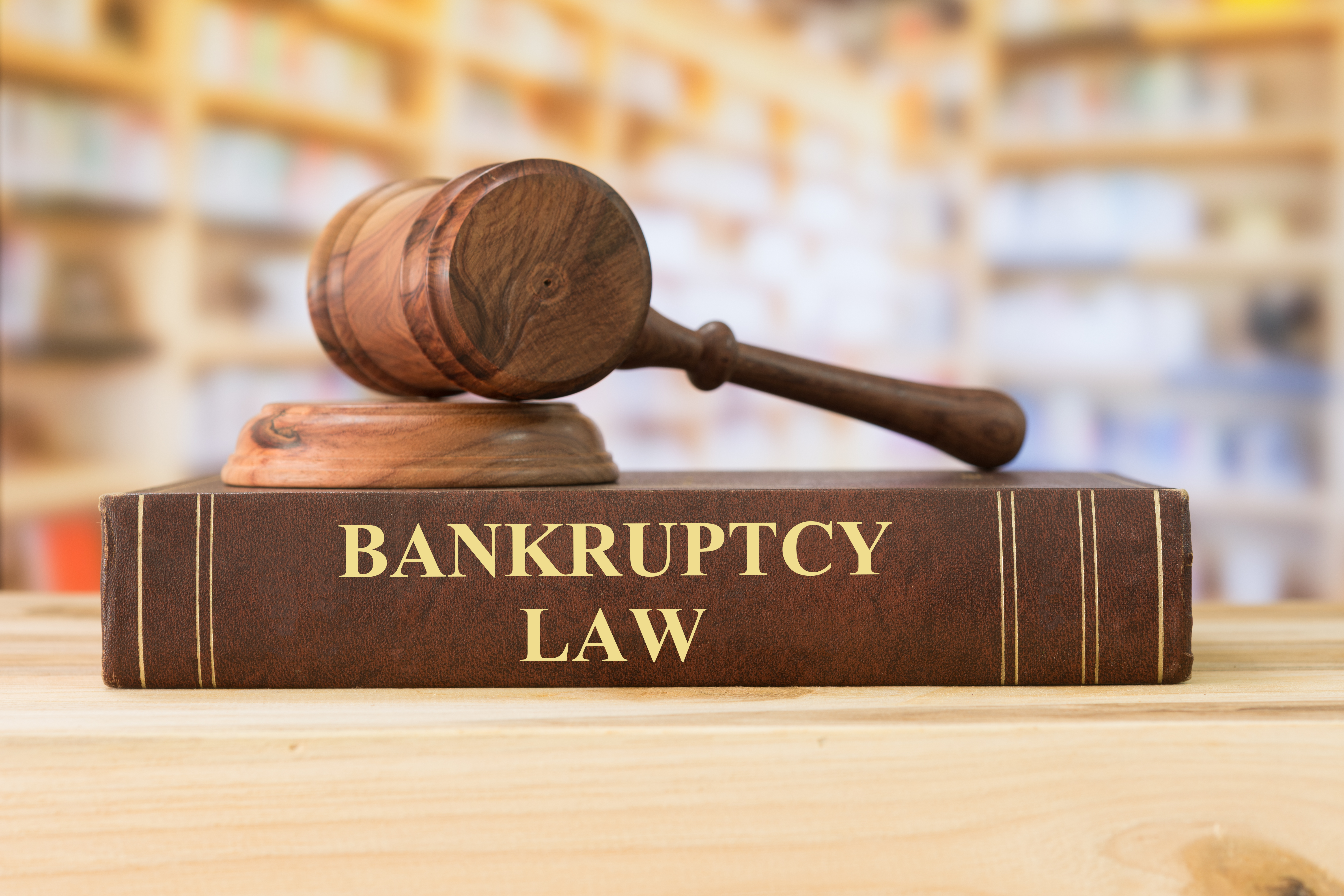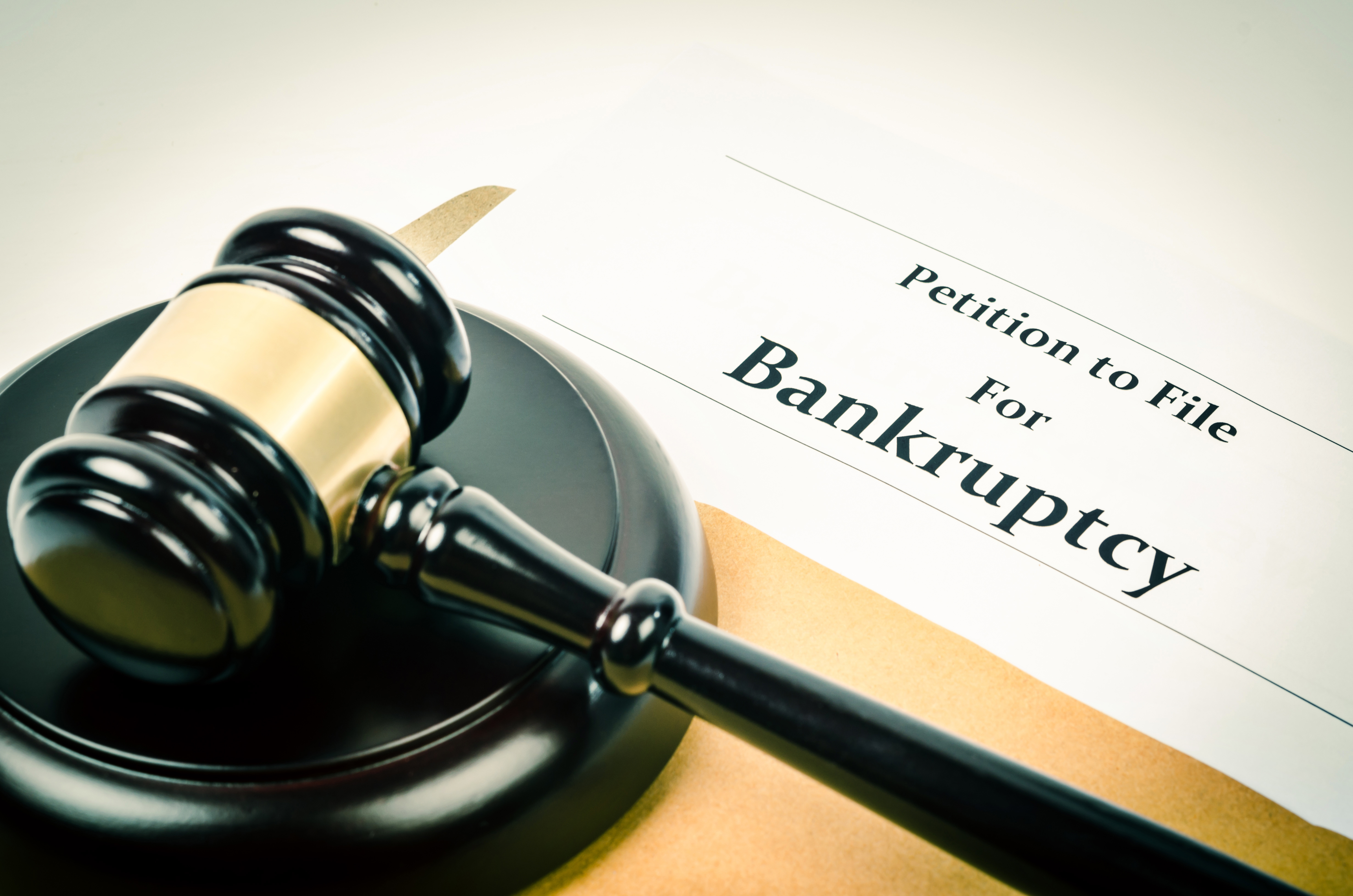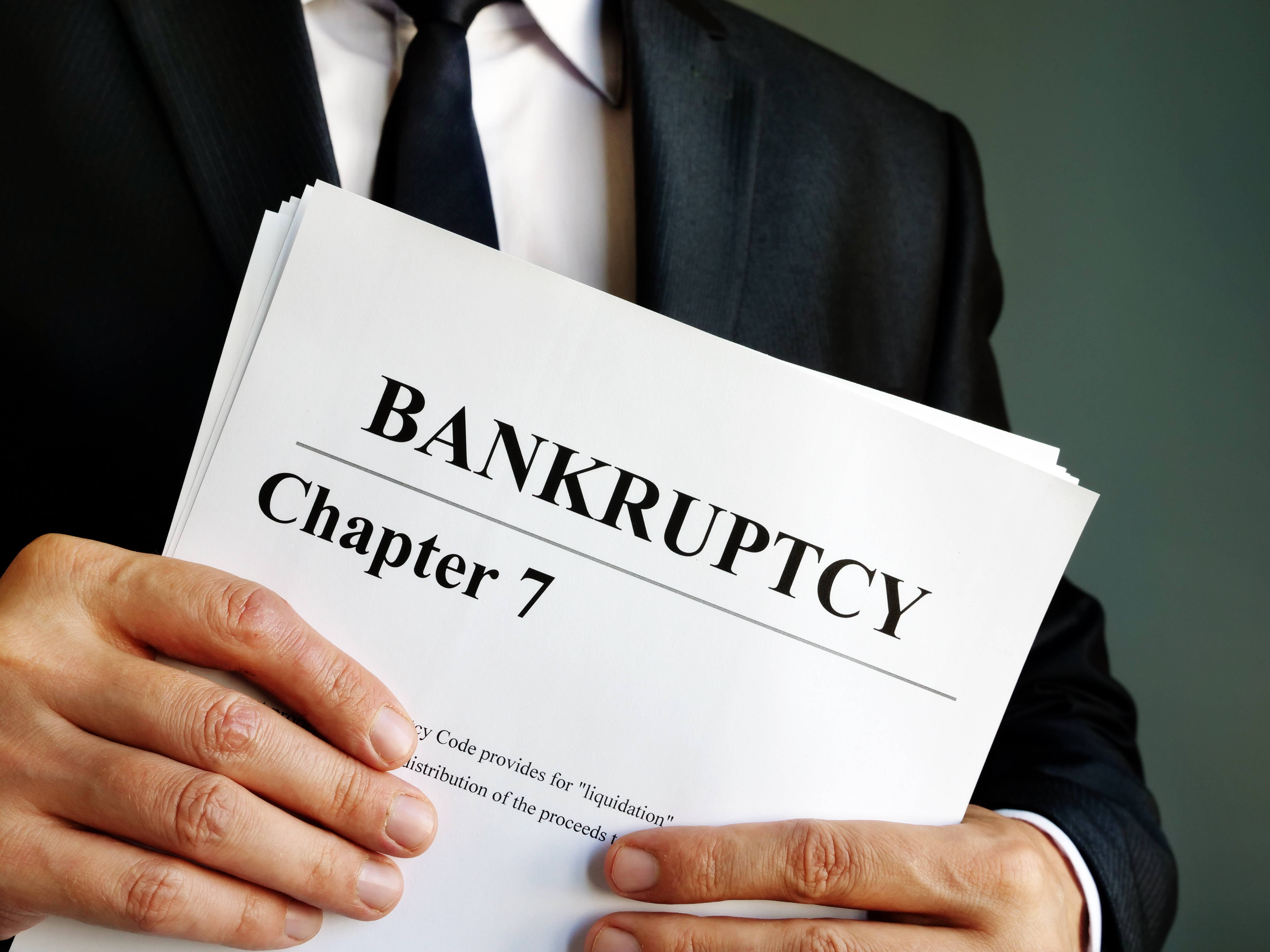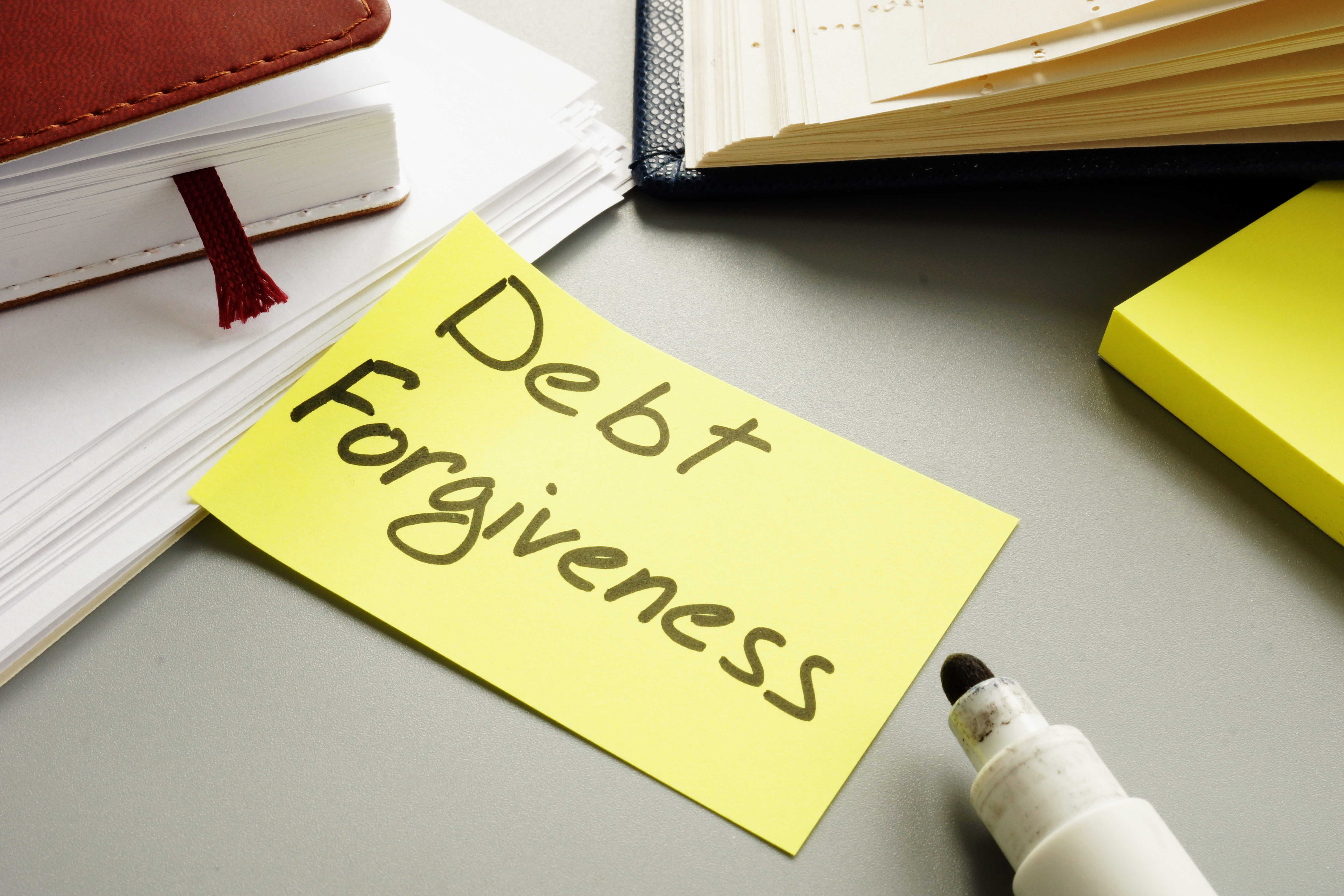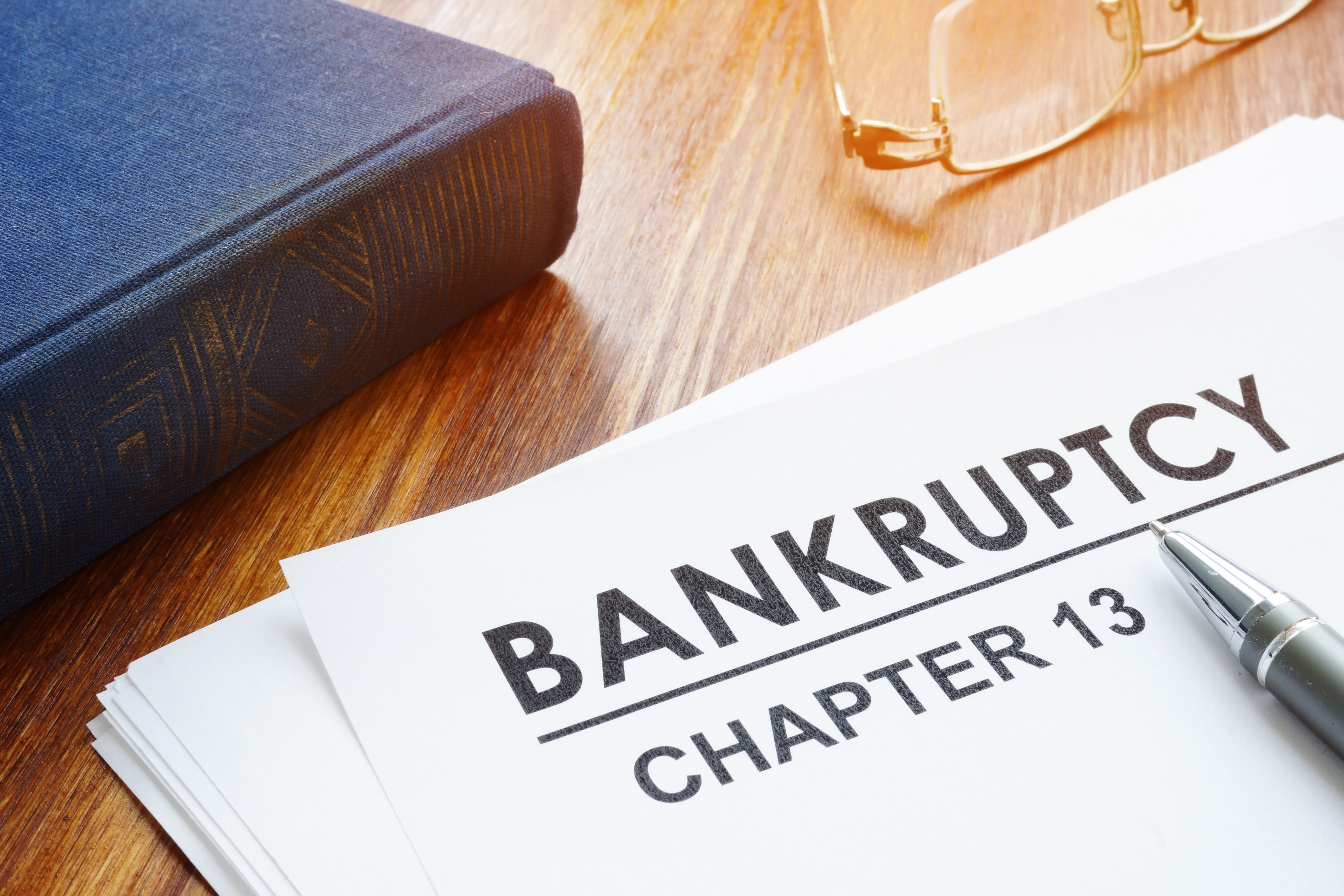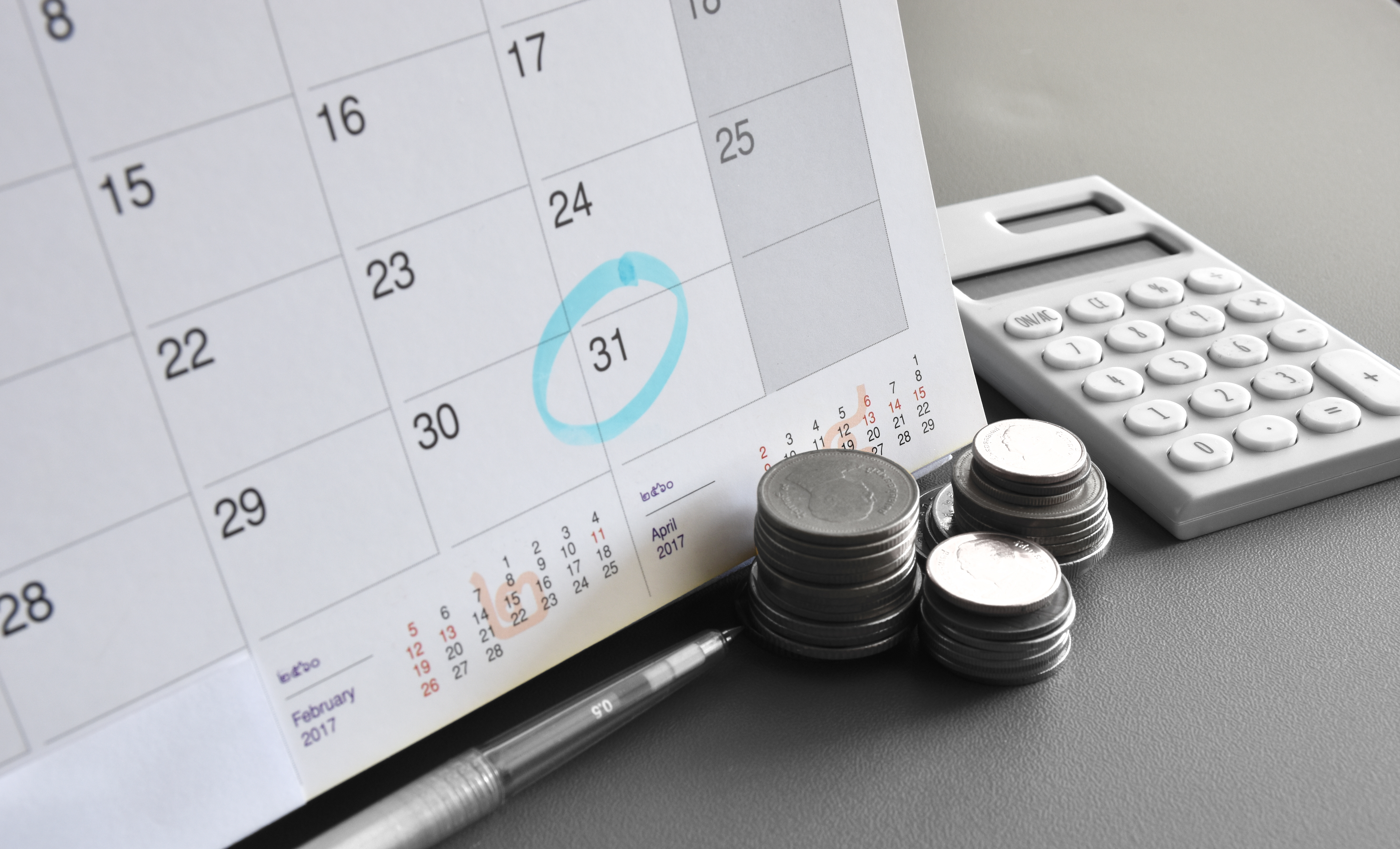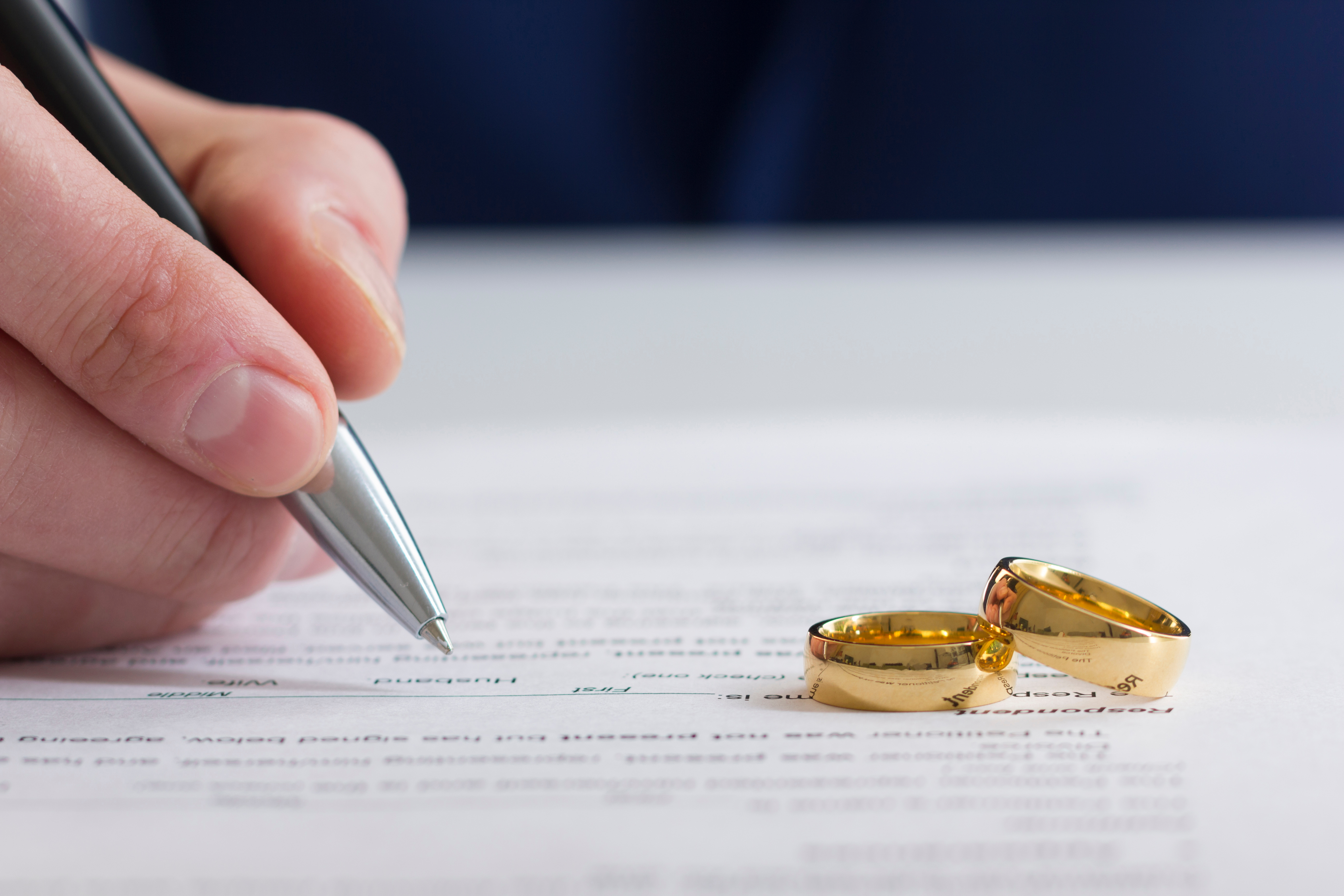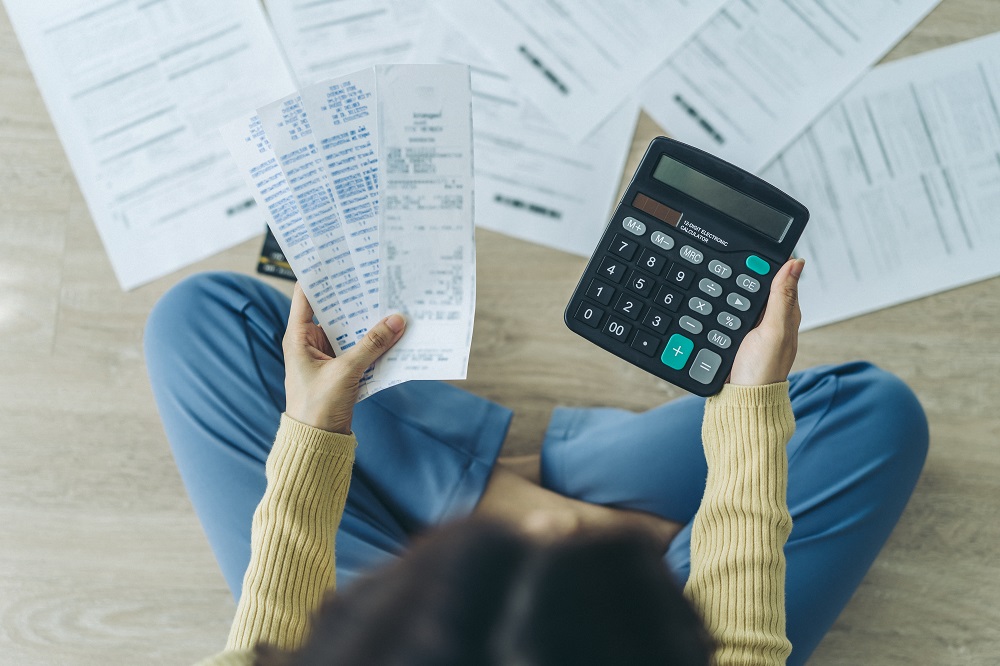Getting behind on your mortgage payments is not uncommon, but when the amount of the arrears (the amount you owe from the missed payments) is substantial it can be hard to get caught back up with your mortgage payments. There are many reasons people get behind on their payments: temporary job loss, divorce, medical issues. And sometimes working with the mortgage company to make arrangements to repay the missed payments can be daunting and frustrating especially if the mortgage company has already started the foreclosure process.
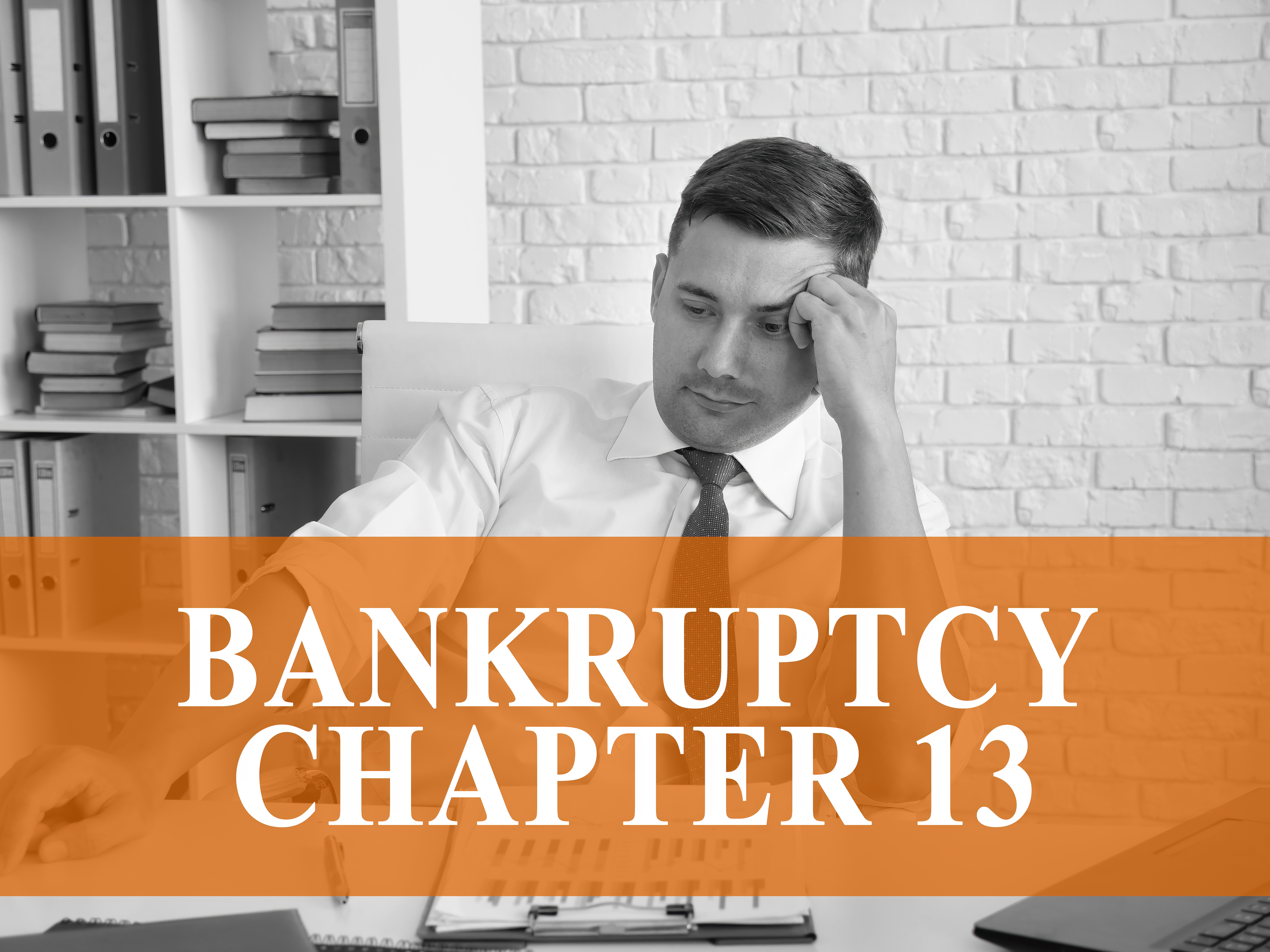
Mortgage Arrears And A Chapter 13 Bankruptcy
Getting behind on your mortgage payments is not uncommon, but when the amount of the arrears (the...




